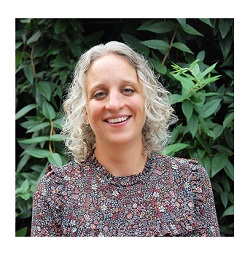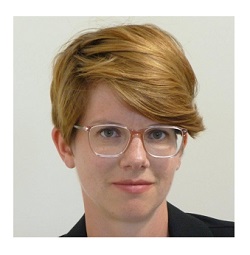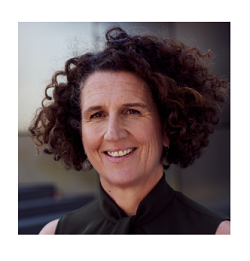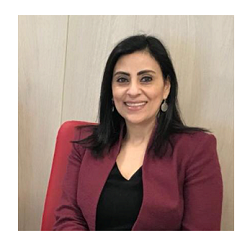Feb 13, 2019 | by The SEEP Network
Fragile and Conflict-Affected States (FCAS) present both unique challenges as well as opportunities in terms of women’s economic empowerment. Women are often the most vulnerable during and in the aftermath of conflict, as many might be left without families or traditional support mechanisms. However, conflict can also bring about major shifts in the social roles that women play, with the proportion of female-headed households often increasing and women assuming more economic responsibility within the household and market.
This webinar explored how development practitioners work with market actors in fragile, conflict-affected and post-conflict states to promote women’s economic empowerment and inclusion. Drawing on specific examples from AWEF’s work in the Occupied Palestinian Territories and the GROW project in Liberia, as well as a cross-section of case studies looking at financial inclusion specifically, the speakers shared practical lessons on how practitioners can adapt their approach to women’s empowerment and inclusion when working in what are often very thin and aid-dependant markets. Presenters looked in particular at practices that aim to empower poor and disadvantaged women to ensure that women are not left behind as part of the market recovery processes.
 Nandi Hall, Project Director, Arab Women’s Enterprise Fund
Nandi Hall, Project Director, Arab Women’s Enterprise Fund
Nandi heads the Economic Growth Team for DAI Europe. She has over 15 years experience of managing development projects in complex environments both in-country programmes and in head offices and has expertise in private sector development, market systems, and women’s economic empowerment. Nandi is currently the project director for two programmes funded by DFID: the Arab Women’s Enterprise Fund (AWEF) and the DaNa Facility. AWEF is implemented in Jordan and Egypt to achieve Women’s Economic Empowerment through a market systems approach and the DaNa Facility focuses on supporting inclusive and sustainable economic growth in Myanmar, principally through improved private sector investment and trade. Nandi holds an MSc in Violence, Conflict, and Development from SOAS.

Sabine Garbarino, Principal Manager, Women's Economic Empowerment, Adam Smith International
Sabine Garbarino provides strategic technical inputs on women’s economic empowerment across a range of private sector development programs. She specializes in entrepreneurship, skills development and working with the private sector to find sustainable solutions to mitigate against and respond to gender-based violence. Sabine’s geographical focus is currently in fragile contexts in West Africa, including Liberia, Sierra Leone, and Northern Nigeria.
 Jeni Klugman, Managing Director, Georgetown Institute for Women, Peace, and Security
Jeni Klugman, Managing Director, Georgetown Institute for Women, Peace, and Security
Jeni Klugman is Managing Director at the Georgetown Institute for Women, Peace and Security, and a fellow at the Kennedy School of Government’s Women in Public Policy Program at Harvard University. Previous positions include Director of Gender and Development at the World Bank, and director and lead author of three global Human Development Reports published by the UNDP. She sits on several boards and panels, including for the World Economic Forum and the Journal of Human Development and Capabilities. She holds a Ph.D. in Economics from the Australian National University and postgraduate degrees in both Law and Development Economics from the University of Oxford where she was a Rhodes Scholar.
 Safa Abdel Rahman-Madi, Former Occupied Palestinian Territories (OPT) Country Director, Arab Women’s Enterprise Fund
Safa Abdel Rahman-Madi, Former Occupied Palestinian Territories (OPT) Country Director, Arab Women’s Enterprise Fund
Safa’ Abdel Rahman-Madi is a specialist in market systems development and women’s economic empowerment. She was the Country Director for the Arab Women’s Enterprise Fund (AWEF) in the Occupied Palestinian Territories (OPTs) and is currently the Team Leader for GROW - a Government of Canada funded project which aims to grow revenue opportunities and increase the prosperity of low-income women in the West Bank. Safa’ has 15 years of experience working with Palestinian and international organizations in the fields of private sector development. Safa’ holds a BA degree in Business Administration from Birziet University and an Executive MBA from Kellogg School of Management, Northwestern University.
Categories: Women's Economic Empowerment Webinar Womens Economic Empowerment Webinar WebinarsBlogs

1621 North Kent Street, Ste 900,
Arlington, VA, 22209
P 202.534.1400
F 703.276.1433
Website Photos: © mari matsuri
